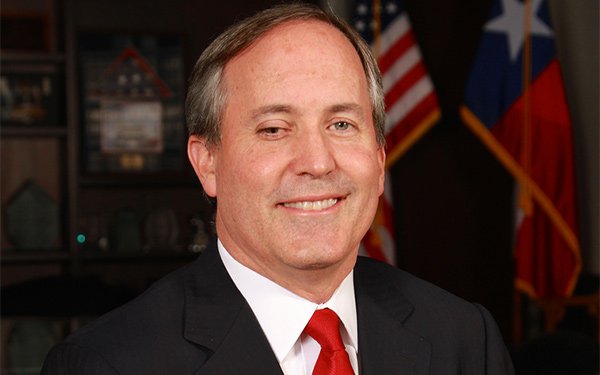
Yelp is urging a federal appellate court to reconsider
its recent decision allowing Texas to continue with a lawsuit over warning labels on so-called “crisis pregnancy centers.”
In a petition filed Thursday with the 9th Circuit Court
of Appeals, Yelp argues that Attorney General Ken Paxton's lawsuit not only violates the First Amendment, but also was brought in bad faith.
Yelp's new petition comes in a dispute dating to
September 2023, when Paxton said he intended to sue Yelp for allegedly telling users that crisis pregnancy centers “typically provide limited medical services and may not have licensed medical
professionals onsite."
(Yelp later revised its notifications to state: “Crisis Pregnancy Centers do not offer abortions or referrals to abortion providers.”)
Several days
after Paxton announced his plan, Yelp asked a federal judge to block the attorney general from proceeding with a lawsuit. The company argued that Paxton sought to target “truthful speech fully
protected by the First Amendment.”
advertisement
advertisement
At around the same time, Paxton sued Yelp in Bastrop County District Court for
allegedly violating a state consumer protection law -- the Deceptive Trade Practices Act, which outlaws deceptive business practices.
Paxton alleged that Yelp's prior warning labels falsely
disparaged crisis pregnancy centers, which, he said, “resource centers provide significant care and counseling to pregnant women” and “commonly provide significant medical services,
and have licensed medical professionals onsite.”
Paxton separately sought dismissal of Yelp's lawsuit, arguing that Supreme Court precedent prohibits federal judges from interfering with
state prosecutions.
U.S. District Court Judge Trina Thompson agreed with Paxton and rejected Yelp's request to prevent him from suing.
She said in a written ruling that even though
there are some exceptions to the principle that federal courts can't block state law enforcement actions, Yelp's dispute with Paxton wasn't covered by those exceptions.
Yelp appealed to the
9th Circuit, arguing that Paxton's suit was brought in bad faith, and therefore falls within an exception to the rule prohibiting federal interference with prosecutions.
A three-judge panel of
the appellate court ruled against Yelp last month.
“Although we emphasize that we do not decide the merits of the Texas action, we cannot conclude that it is so facially meritless as to
connote bad faith,” Circuit Judge Daniel Bress wrote in an opinion joined by Judges Mark Bennett and Danielle Forrest.
The company is now seeking a new hearing in front of the original
three panelists, or a majority of the circuit's 29 judges.
Yelp specifically argues that U.S. District Court Judge Trina Thompson should not have dismissed the lawsuit without allowing it to
attempt to prove that Paxton acted in bad faith, and that the appellate panel should not have upheld Thompson's dismissal.
“Yelp's evidentiary showing was plainly sufficient to warrant
discovery: the dispositive question whether Paxton acted in good faith is at the very least 'controverted,'” the company writes.
Yelp provided several reasons why it believes Paxton
brought the lawsuit was in bad faith. Among others, the company says the Texas Deceptive Trade Practices Act only covers commercial speech, and that Yelp's warning labels were
“unequivocally” not commercial speech.
The company also said Paxton brought charges without first investigating whether any Texans were misled by the labels.